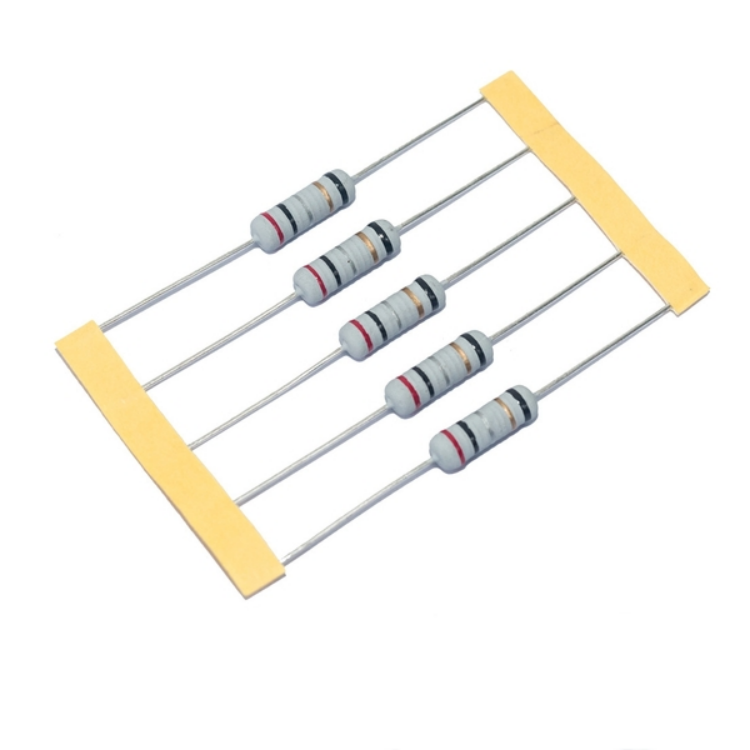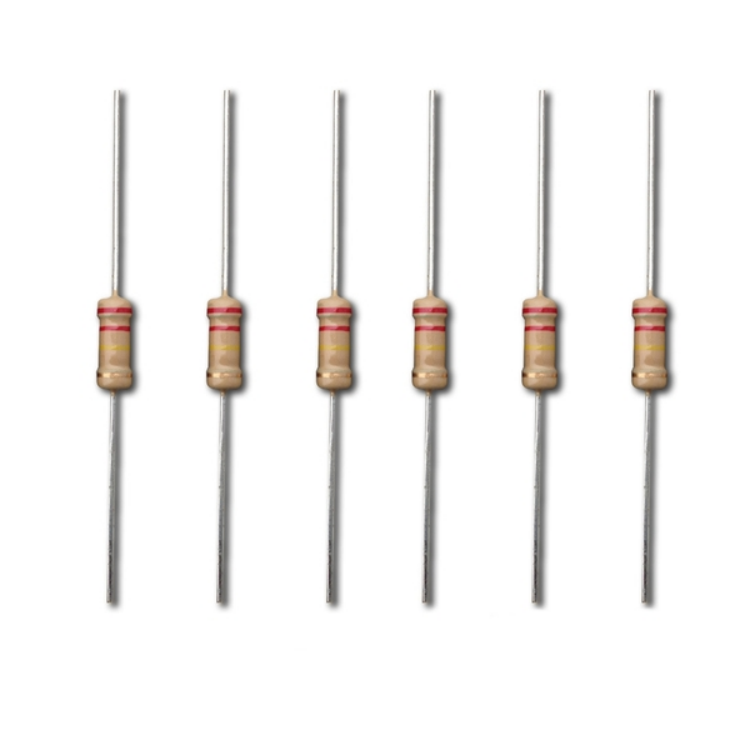In electronic circuit design, resistors play a vital role. They are not only used to limit the flow of current, but also used for voltage division, current shunting, voltage stabilization, and circuit protection. As a special type of resistor, wirewound resistors are favored in many application scenarios due to their unique advantages. So what are the characteristics of wirewound resistors?

1. Definition and structure of wirewound resistor
A wirewound resistor is a resistor composed of resistive wire wound on an insulating frame. They usually use nickel-chromium alloy, constantan alloy and other materials as resistance wires, and the insulating skeleton can be ceramics, plastics, etc. Wirewound resistors are designed to provide stable resistance values and maintain performance even under high temperature or high current conditions.
2. High stability and reliability
Wirewound resistors have high stability and reliability due to their structural characteristics. The resistance value of the resistance wire can be precisely controlled during the winding process, and the resistance value changes very little during long-term use. This makes wirewound resistors very suitable for use in circuits that require long-term stable operation.
3. Low temperature coefficient
Another notable feature of wirewound resistors is their low temperature coefficient. This means that the resistance value changes less with temperature, which is especially important for circuits that need to operate over a wide temperature range. The low temperature coefficient helps maintain circuit stability and accuracy.
4. Good power carrying capacity
Wirewound resistors generally have higher power handling capabilities than thin film or carbon film resistors. Their ability to handle larger currents and powers without significantly increasing the resistance value makes wirewound resistors very popular in high power applications.
5. Precise resistance value control
During the manufacturing process of wirewound resistors, precise control of the resistance value can be achieved by precisely controlling the number of windings and winding density. This accuracy is critical for circuit designs that require precise resistor values.
6. Wide range of applications
Due to the above characteristics, wirewound resistors are widely used in various electronic equipment and systems. From household appliances to industrial control equipment, from medical equipment to military equipment, wirewound resistors provide the required resistance performance.
7. Maintenance and replacement
Although wirewound resistors are highly reliable, under certain circumstances, maintenance or replacement may be required. Due to their construction, replacement of wirewound resistors is usually as simple as disconnecting the circuit and replacing the resistor with a new one. For maintenance, it's usually just a matter of checking the resistor's appearance and connections to make sure there's no damage or corrosion.

What are the characteristics of wirewound resistors? With its excellent performance and wide application fields, wirewound resistors occupy an important position in the electronics industry. Understanding its characteristics can help engineers and technicians better select suitable resistors to meet the needs of specific circuit designs. If you need to learn more about wirewound resistors or seek technical support, please consult our Hubei Yangzhi Electronics website customer service, we will wholeheartedly provide you with professional services.




